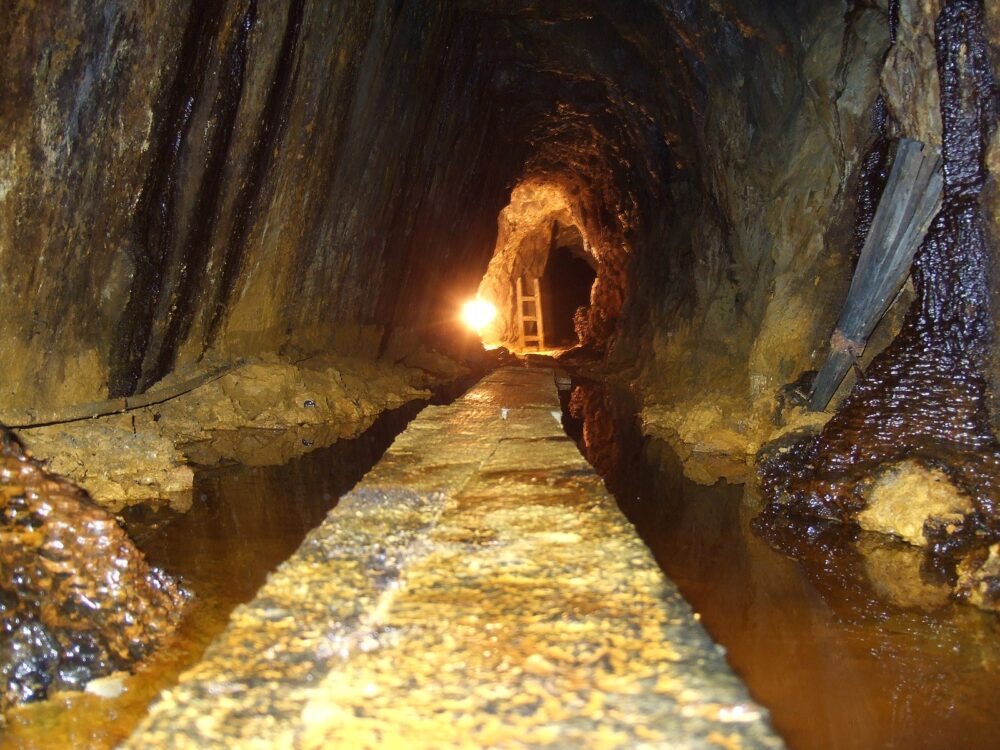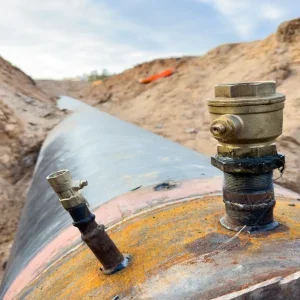
Analysts project that more than $1tn will be needed for “key energy transition metals” by 2035.
While the coronavirus pandemic has slowed climate change mitigation efforts this year, governments across the world are using stimulus packages to either kick-start or accelerate their decarbonisation journeys.
Energy researcher Wood Mackenzie estimates that the $1tn investment will be needed in key energy transition metals – aluminium, cobalt, copper, nickel and lithium – over the next 15 years just to meet the “growing demands of decarbonisation”. This is almost double the figure invested over the previous 15 years.
Energy transition “starts and ends with metals”, says analyst
Julian Kettle, Wood Mackenzie vice-chairman of metals and mining, said: “One can argue about both the pace and scale of the energy transition but the criticality of metals to its realisation is without question.
“Put simply, the energy transition starts and ends with metals. If you want to generate, transmit or store low or no-carbon energy you need aluminium, cobalt, copper, nickel and lithium.”
But Kettle claims the fundamentals for several metals are “poor and deteriorating”, with prices for most “well below” long-term incentive levels.
“Understandably, investors are not totally convinced that the road to recovery is assured or of the sunlit uplands that the energy transition represents,” he added.
“Long-dated returns from investing in mining and processing sit uneasily against the need for certainty of regular dividend payments or the near-term gains that can be made from other popular asset classes.
“This severely hampers the ability of boards to undertake the necessary long-term decisions needed to develop the supply that high-growth energy transition related commodities demand.”

Kettle believes this poses “fundamental questions” – and not just for the consumers of these metals who will rely on predictable, affordable and, for some, ethically sourced supply.
“If producers cannot meet the most basic of consumers’ needs, a time will surely come when they find ways to innovate out such unreliable raw components from their supply chain,” he added.
Green agenda will have “profound impact” on the way companies extract and refine metals
Producers are becoming increasingly carbon conscious, with many ramping up their efforts to reduce emissions and setting targets for net-zero carbon.
Following investor pressure, several high-profile majors have offloaded their high-carbon assets and acquired low-carbon replacements.
But Kettle said it “isn’t just about portfolio balance” and believes the green agenda will have a “profound impact” on the way companies extract and refine metals, with lower-carbon operations an “increasing priority”.
“This, in part, explains the resurgence of interest in the collection and use of scrap,” he added.
“Increasing our reliance on secondary metal will help to meet sustainability goals, reduce capital demands and decrease the carbon footprint of production.
“However, scrap collection and sorting remain problematic and secondary metal cannot be used in several applications driving the energy transition, such as electricity cabling and wiring that require primary metal.
“Green energy procurement and generation is at the fore and portfolio optimisation is now a must-have on any board agenda. It feels like the tipping point is imminent. We expect carbon to become a non-negotiable component of any AGM – as safety did in the 1990s.”
Metals industry finds itself at the “same crossroads it has been at before”
Wood Mackenzie said the industry now finds itself at the “same crossroads it has been at before”.
The short-term outlook is generally poor with deteriorating market fundamentals, albeit as a result of a global pandemic rather than over exuberant investment in supply.
Kettle said: “Can producers position themselves for investment in new supply, not just to offset mine depletion but also for growth in conventional and energy transition markets?
“Can they decarbonise and navigate the increasingly complex minefield of the environmental, social and governance (ESG) landscape and deliver the returns expected?
“Miners are adept at juggling conflicting demands. The question is whether they are adept enough to manage this perfect storm of problems and opportunities.”






